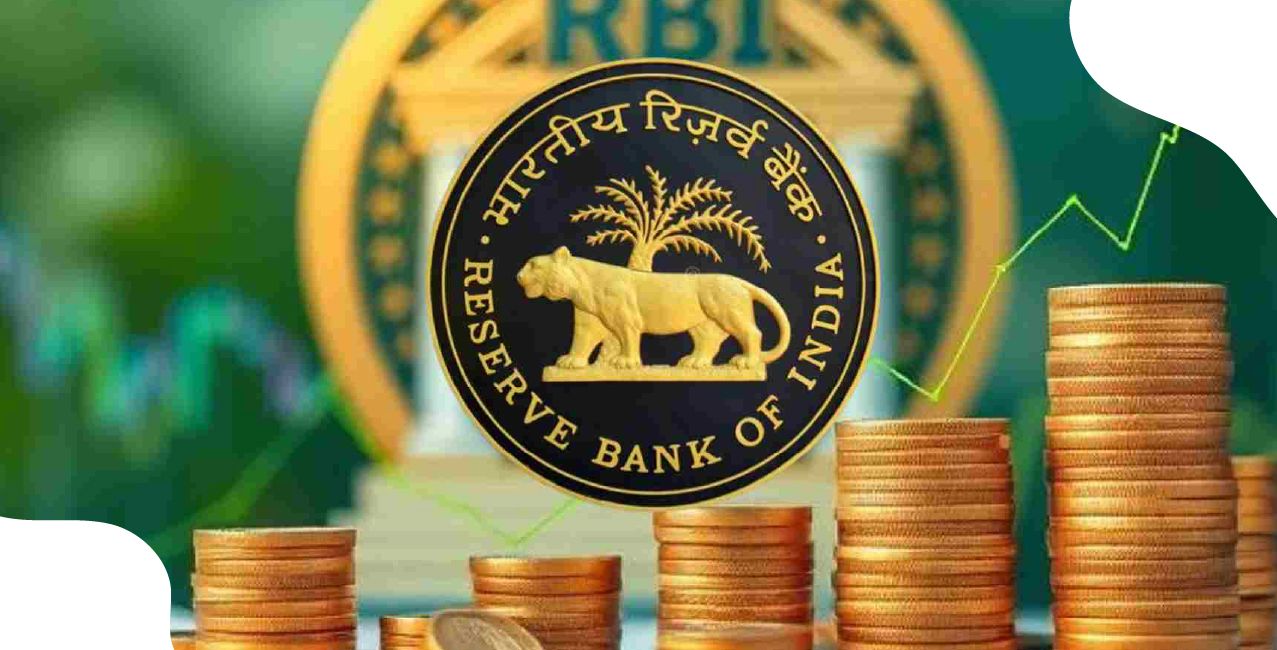Supreme Court Rules: Banks Cannot Revalue Gold After Loan Repayment

Check Your Loan Eligibility Now
By continuing, you agree to LoansJagat's Credit Report Terms of Use, Terms and Conditions, Privacy Policy, and authorize contact via Call, SMS, Email, or WhatsApp
In June 2025, the Reserve Bank of India (RBI) introduced major changes to the gold loan framework. This was done to curb mounting frauds and irregularities across banks and NBFCs. These revisions followed several borrower complaints, many of which highlighted issues such as arbitrary gold revaluation, delayed gold return, and a lack of transparency in auctions.
Notably, borrowers can now avail loans up to 85% of the value of their pledged gold, compared to the earlier 75% cap, making credit more accessible. However, while the rules have become stricter, certain banks have continued to disregard basic ethical standards.
This article is important because the Bank of India recently received a stinging rebuke from the Supreme Court for auctioning a borrower’s gold even after the full repayment of the loan.
RBI’s Updated Gold Loan Rules 2025
The RBI's new gold loan guidelines aim to protect borrowers from arbitrary actions by lenders. One of the key areas addressed is the auction of pledged gold, which must now follow a transparent and borrower-friendly process. Here's a snapshot of the revised rules:
Guidelines | Description |
Guideline 1 | Proper notice to be served to the borrower before putting the pledged gold to auction. |
Guideline 2 | The reserve price of the pledged gold should be at least 90% of the market value. This can be reduced to 85% after failed auctions. |
Guideline 3 | Any surplus from the auction must be returned to the borrower within 7 working days. |
These rules aim to standardise bank behaviour and minimise disputes arising out of arbitrary sales and undervaluation of pledged gold.
Bank of India vs. Common Man
The Supreme Court ruling came in a case where a businessman from West Bengal took a gold loan of ₹7.7 lakhs on 22 July 2020 from the Motijhil Branch of Bank of India, pledging 254 grams of 22-carat gold. When he received a recall notice on 7 October 2022, demanding a total of ₹8,01,383.59, he promptly repaid the full amount by 31 March 2023.
Read More – Gold Loan Repayment Traps 2025: Don't Lose Your Gold
Shockingly, despite full repayment, the bank revalued the pledged gold and deducted ₹1,500 towards valuation charges, which the borrower had to pay. Not only that, the bank ultimately auctioned off the gold ornaments.
The borrower claimed he had no knowledge of this revaluation or the subsequent sale. The Supreme Court ruled in the borrower’s favour, stating that once a gold loan is repaid, banks cannot revalue or auction the pledged gold, reinforcing the principle of borrower protection.
Should You Borrow a Loan Against Gold?
Gold loans remain one of the most convenient forms of credit, especially for people in rural or semi-urban areas, and for those with lower or irregular income sources. But like any financial product, they come with pros and cons.
Advantages | Disadvantages |
Quick disbursal, minimal documentation | Risk of losing gold in case of default |
Lower interest rates than personal loans | Valuation may differ across lenders |
No need for high credit score | Some banks may charge high processing or storage fees |
Ideal for short-term needs | Delay in return or loss of gold can cause distress |
Did you know? RBI now mandates that banks must return your pledged gold within certain days. But is there a deadline?
Banks Must Return Gold Within 7 Days
Under the updated RBI rules, banks and NBFCs are legally bound to return pledged gold within 7 working days after the full repayment of the loan. If they fail to do so, they are liable to pay a penalty of ₹5,000 per day of delay.
This measure aims to prevent institutions from holding onto customers' gold for unnecessary and unethical reasons. It also places direct accountability on banks to streamline their internal processes and ensure swift handover of collateral.
What If Banks Damage or Misplace Your Gold?
For example, you lend your work notebook to your friend to help him cover up the lag. What would happen if he lost your notebook? Well, RBI now has a regulation for that as well.
Also Read - How to Calculate Gold Rate: All You Need to Know
If the pledged gold or silver is lost, stolen, or damaged, the bank or NBFC is liable to compensate the borrower at current market rates. This enhances borrower protection and puts pressure on institutions to improve vault safety and tracking systems.
Conclusion
The Supreme Court’s verdict against Bank of India is more than just a victory for one borrower—it’s a wake-up call for the entire banking industry. As the RBI tightens regulations to ensure ethical conduct in gold loan practices, borrowers now have a stronger legal and regulatory shield.
whether it’s timely return of gold, fair auctions, or compensation for mishandling, the ball is now in the banks' court—and the watchful eye of the law isn’t blinking.
Other News Pages | ||
73% ATMs Now Dispensing ₹100 & ₹200 Notes Before RBI Deadline | Supreme Court: Banks Cannot Revalue Gold After Loan Repayment | |
About the author

LoansJagat Team
Contributor‘Simplify Finance for Everyone.’ This is the common goal of our team, as we try to explain any topic with relatable examples. From personal to business finance, managing EMIs to becoming debt-free, we do extensive research on each and every parameter, so you don’t have to. Scroll up and have a look at what 15+ years of experience in the BFSI sector looks like.
Subscribe Now
Related Blog Post

Home Loan Interest Rates 2025 Deliver Major EMI Relief, Will Borrowers See More Gains In 2026?

Will the Indian Rupee Stabilise in 2026 After a Volatile 2025?

RBI Draft Rules Target Surprise Costs in Overseas Payments
Recent Blogs
All Topics
Contents
Quick Apply Loan
Consolidate your debts into one easy EMI.
Takes less than 2 minutes. No paperwork.
10 Lakhs+
Trusted Customers
2000 Cr+
Loans Disbursed
4.7/5
Google Reviews
20+
Banks & NBFCs Offers
Other services mentioned in this article





